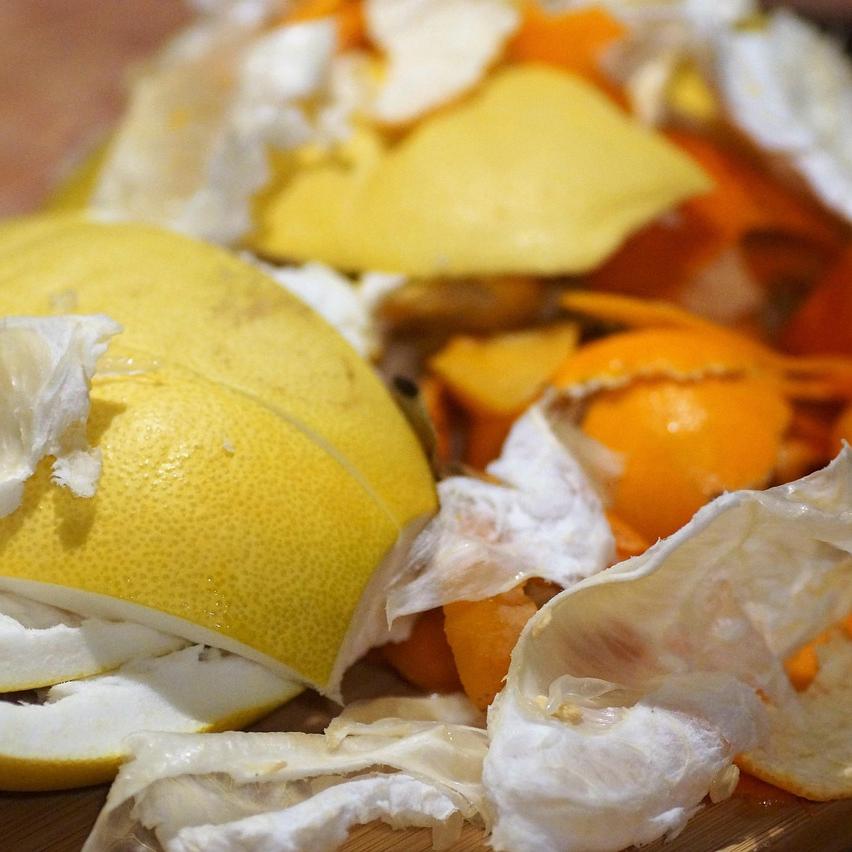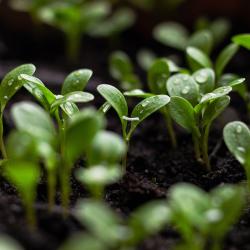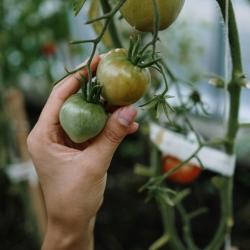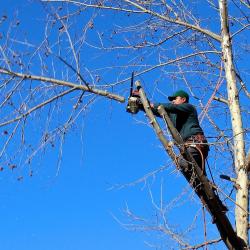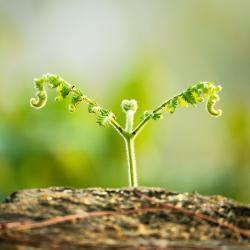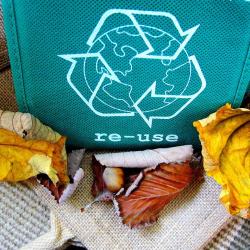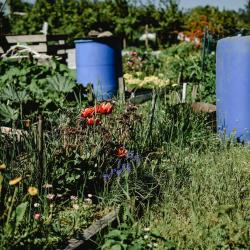The Benefits of Composting and How to Get Started
Individuals and communities are increasingly turning to sustainable practices to reduce waste and nourish the planet. One such practice is composting, a simple yet effective way to turn organic waste into nutrient-rich soil. This article explores the myriad benefits of composting and provides guidance on how to get started on this eco-friendly journey.
The Benefits of Composting
1. Reduces Waste
Composting significantly reduces the amount of organic waste that ends up in landfills. Food scraps and yard waste together make up more than 30% of what we throw away, according to the Environmental Protection Agency (EPA). By composting, households can minimize their waste output and contribute to a decrease in landfill mass.
2. Enriches Soil
Compost is often referred to as "black gold" for its ability to enhance soil quality. It improves soil structure, providing better aeration and drainage. Moreover, compost is rich in nutrients, which supports plant growth, making it an invaluable resource for gardening enthusiasts.
3. Reduces the Need for Chemical Fertilizers
Adding compost to your garden reduces the need for chemical fertilizers, which can leach into waterways and harm aquatic life. The natural nutrients in compost support healthy plant growth without the adverse environmental effects associated with synthetic fertilizers.
4. Reduces Greenhouse Gas Emissions
When organic waste decomposes anaerobically in landfills, it produces methane, a potent greenhouse gas. Composting allows for aerobic decomposition, which significantly reduces methane emissions. By composting, you're actively reducing your carbon footprint.
5. Supports Biodiversity
Compost enriches the soil with a plethora of microorganisms that promote biodiversity. These microorganisms help control plant diseases and pests, improve nutrient uptake, and encourage the presence of beneficial insects and earthworms—all of which contribute to a healthy ecosystem.
How to Get Started with Composting
Embarking on your composting journey is easier than it may seem. Here's a step-by-step guide to help you start composting at home:
1. Choose Your Composting Method
There are several composting methods to choose from, depending on your living situation and personal preferences:
- Backyard Composting: Ideal for those with a garden or outdoor space. You can use a compost bin or simply create a compost pile.
- Vermicomposting: Suitable for indoor spaces, this method uses worms to break down food scraps. Special bins are available for this purpose.
- Bokashi Composting: A fermentation process useful for small spaces, allowing you to compost meat and dairy, which are typically not suitable for traditional composting.
2. Select a Bin or Pile Location
Choose a dry, shady spot near a water source for your compost bin or pile. If using a bin, ensure it has a lid and is well-ventilated to encourage proper decomposition.
3. Gather Materials
You’ll need a mix of green and brown materials for optimal composting:
- Green materials: These are nitrogen-rich and include fruit and vegetable scraps, coffee grounds, and grass clippings.
- Brown materials: These are carbon-rich and include dried leaves, straw, and paper.
Aim for a balance of approximately three parts brown to one part green material.
4. Build Your Compost Pile
Start with a layer of brown materials followed by green materials. Add water until the pile is moist, but not soaking. Continue alternating layers and maintain the moisture level.
5. Turn Your Pile
Every few weeks, use a garden fork or shovel to turn the compost. This aerates the pile, speeds up decomposition, and helps prevent odor.
6. Monitor and Harvest
Compost is ready when it is dark, crumbly, and earthy-smelling, usually taking several months to a year. Harvest your compost and use it to enrich your garden soil.
Conclusion
Composting is an impactful way to reduce waste, improve soil health, and mitigate climate change. With its numerous benefits and relatively simple setup, composting is an accessible practice for anyone looking to contribute to environmental sustainability. By adopting composting, you not only nurture your garden but also play a vital role in the collective effort to create a healthier planet. Get started today and join the growing community of composters reaping the benefits of turning waste into wealth.
